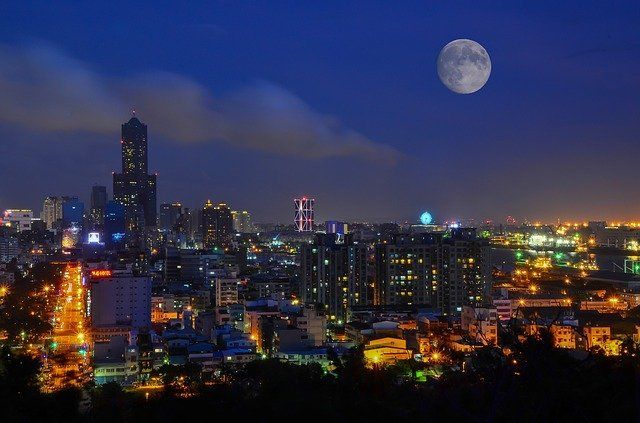
Taiwan’s churches under pressure
The Protestant church in Taiwan grew particularly during the final part of the nineteenth century as a result of missionary endeavour. From the 1890s, Taiwan was colonised by Japan, who controlled it into the first half of the twentieth century and throughout two world wars. As time wore on, Japanese persecution of the church increased and Western missionaries had to leave the country.
When the missionaries returned after the Second World War, they found that the church had endured much suffering, yet had grown amongst the aboriginal tribes. This growth continued until the 1960s, by which time many aboriginal people were Presbyterians.
After the 1960s, as a result of industrialisation and urbanisation, the aboriginal churches went into a steep decline. Their men and young people left the reservations for jobs in the cities, leaving only women and children behind in the villages.
Influx
During the 1960s it was not only the aboriginal churches that were under pressure. By 1949, Chiang Kai Shek and the Nationalist government had lost the war with the Communists on the Chinese mainland, and had relocated to Taiwan.
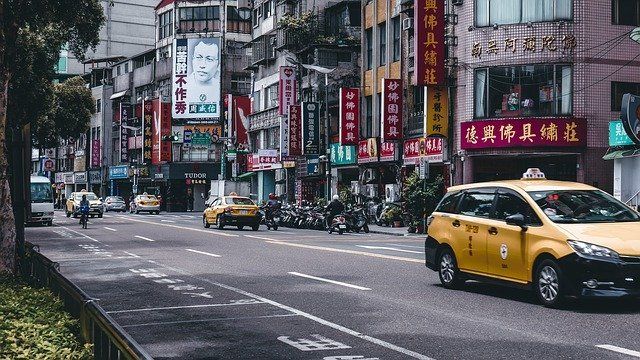
Over a million people, including the defeated army, arrived in Taiwan. The Nationalists called themselves ‘the Republic of China on Taiwan’ and claimed to be the legitimate government of Taiwan and, indeed, of the whole of China.
The Communists, however, under Mao Zedong, had set up the People’s Republic of China and laid claim to Taiwan.
Not surprisingly, the huge influx of Chinese was not welcomed by everyone in Taiwan. Having just got rid of the Japanese colonisers, many Taiwanese did not want another colonising power. But Taiwanese dissent was ruthlessly suppressed.
Harshly treated
A drastic purge began on 28 February 1947, which led to many thousands of innocent intellectuals and powerful families being killed. Other, more subtle, pressures were experienced. The use of the Taiwanese language was disallowed in education and politics and was replaced by China’s official language, Mandarin.
The churches were affected by these events. Taiwanese was the main language of the Presbyterian Church. When this church continued to use Taiwanese and tried to protest, the government treated its leaders very harshly.

The general situation was complicated by the fact that Chiang Kai Shek himself claimed to be a Christian. His followers suddenly found themselves cut off from their family and friends, and also from ancestral Chinese religious practices. Some began to inquire after the gospel. But they did not join the Presbyterian Church because they could not speak Taiwanese.
At the same time, a considerable number of missionaries who had left the Chinese mainland after the Communist take-over in 1949 decided to relocate in Taiwan. These used the Mandarin language that they already knew to set up Mandarin-speaking churches among Nationalist arrivals.
Tensions
Not surprisingly, further problems emerged. Tensions developed between the older, well-established, Taiwanese-speaking Presbyterian churches, and the new Mandarin-speaking churches.

The Nationalist government added fuel to this fire. Fearing opposition from the indigenous Taiwanese, it deliberately exploited differences to try to prevent criticisms of its own oppressive rule. The churches were being drawn into the political arena.
Mandarin churches were loyal to the government, while Presbyterian churches were strongly opposed to martial law harshly enforced by the government. The government argued that they were still at war with the Communists and duty-bound to recover the Chinese mainland.
Presbyterians protested against human rights abuses, martial law and Mandarin language policy. They argued that Taiwan was not part of China at all, but should be established as an independent country.
Not consulted
International developments impinged on this situation. The Nationalist Republic of China (Taiwan) had been a founding member of the UN and had occupied ‘China’s’ seat on the Security Council. That all changed in October 1971, when the Nationalist Government of Chiang Kai Shek lost its seat on the Council and was replaced by the People’s Republic of China.
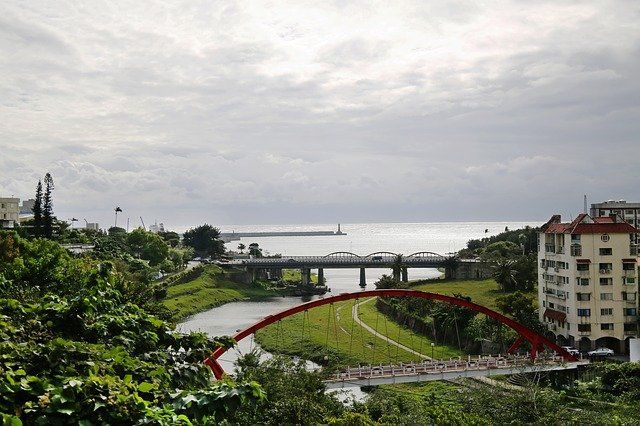
Official recognition of the Communists was followed by President Nixon’s widely publicised visit to mainland China in 1972. Since then, Taiwan has had no direct voice in international affairs.
Chiang Kai Shek died in 1975 and was succeeded by his son, who brought in many reforms. Martial law was lifted and proper elections introduced. No one in Taiwan now imagines that the Nationalists will regain China.
However, both Nationalist and Communist governments insist that China is one and indivisible and that Taiwan is definitely part of China. Most of the world seems to agree with that, but the Taiwanese themselves have never been consulted on the issue, and many want the right of self-determination.
This is anathema to China, which consistently declared that it wished to regain Hong Kong, Macao and Taiwan in that order, and has refused to renounce the use of force to get its way.
The last generation has seen an easing of the internal political tensions in Taiwan. As the economy has prospered and political liberalisation has continued, pressure on its churches has also eased.
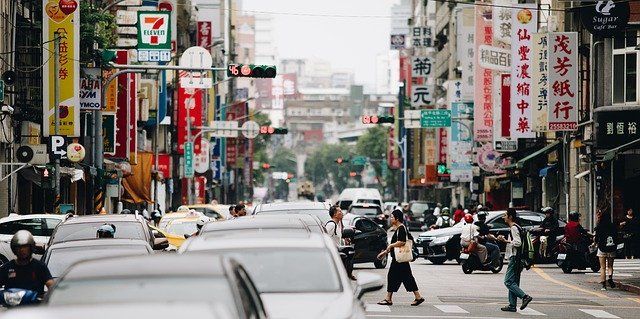
Many Nationalists who came over in 1949 have died, the younger generation has inter-married, tensions between Taiwanese and Mandarin speakers have reduced. But at the same time, sadly, many Christians have left Taiwan and found new homes and jobs overseas, depriving Taiwan’s churches of a generation of potential new leaders.
Perceptions
For twenty-five years, church growth has barely kept up with Taiwan’s rapid population growth. There are now roughly 3,000 Protestant churches in Taiwan. That sounds quite a large number, until one remembers that there are twenty-one million people!
About half these churches are Presbyterian. The other Protestant churches cover a spectrum of theology and practice. There may be over eighty different mission groups working in Taiwan. All the cults are active too.
Most churches have their own schools and training colleges. There are also independent (free) churches, some of which are completely indigenous, for example, the True Jesus Church and the Little Flock or Local Church, founded by Watchman Nee.
How are Christianity and the church perceived by the Taiwanese? The majority still regard Christianity as a foreign religion. The large number and variety of different Christian groups and denominations confuses people.
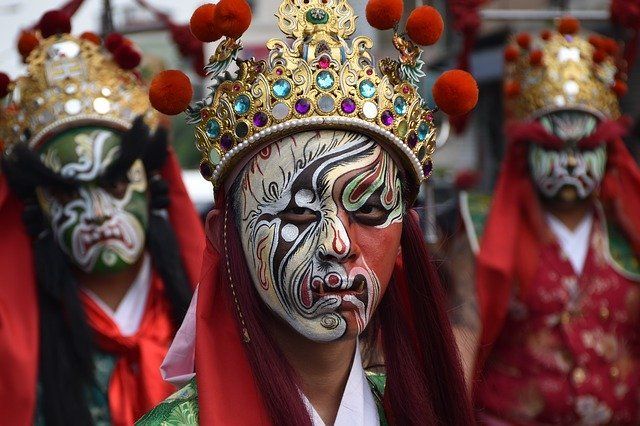
Identity
The general culture is greatly influenced by Confucianism, Taoism, Buddhism and materialism. Taiwan is a very status-conscious society, and the concept of the leader being a servant does not fit well in the minds of ordinary people.
Many Christian leaders call themselves ‘pastors’ and use the Chinese word for ‘shepherd’. But this word has very little meaning outside the church context. Within Korean church and society, for example, the status of a pastor is high, because churches and pastors are perceived as ‘successful’. But, in Taiwan and Japan, a pastor’s status is undefined and low. Some leaders just call themselves ‘teacher’, because, within the church at least, they are meant to know all the answers, like a father figure in a family.
Clearly the only real and lasting answer to the many varied cultural, religious, social and political pressures faced by the Protestant churches, and threatening to erode their identity, is a new emphasis from within on the distinctive doctrines of the gospel of Jesus Christ. The true church has been bought with Christ’s redeeming blood. But only as the church rediscovers and glories in the gospel will it be increasingly salt and light in Taiwan.







